Which mulch is better
viche
14 years ago
Related Stories
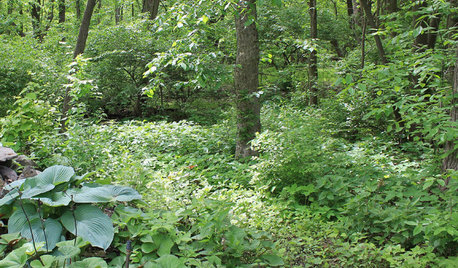
LANDSCAPE DESIGNGarden Overhaul: Which Plants Should Stay, Which Should Go?
Learning how to inventory your plants is the first step in dealing with an overgrown landscape
Full Story
GARDENING GUIDESNew Ways to Think About All That Mulch in the Garden
Before you go making a mountain out of a mulch hill, learn the facts about what your plants and soil really want
Full Story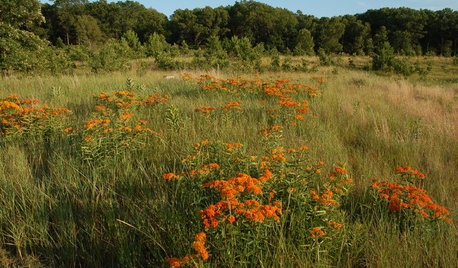
GARDENING GUIDESThe Art of Green Mulch
You can design a natural garden that doesn’t rely on covering your soil with wood and bark mulch
Full Story
GARDENING GUIDESHow to Pick a Mulch — and Why Your Soil Wants It
There's more to topdressing than shredded wood. Learn about mulch types, costs and design considerations here
Full Story
COMMUNITY15 Ways to Make Your Neighborhood Better
Does your community lack ... well, a sense of community? Here's how to strengthen that neighborly spirit
Full Story
GARDENING FOR BUTTERFLIES3 Ways Native Plants Make Gardening So Much Better
You probably know about the lower maintenance. But native plants' other benefits go far beyond a little less watering and weeding
Full Story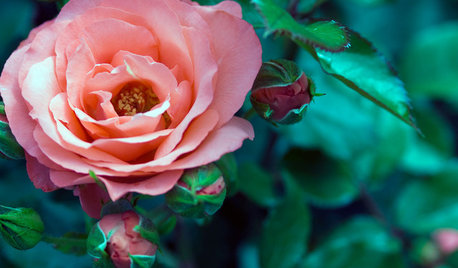
GARDENING GUIDESLearn the Secret to Bigger and Better Roses
Grow beautiful roses using both ordinary and unusual soil amendments
Full Story
LIFEYou Said It: ‘Life Is Better When the House Is Clean’ and More
Highlights from the week include great advice for a clean, organized and happy 2015
Full Story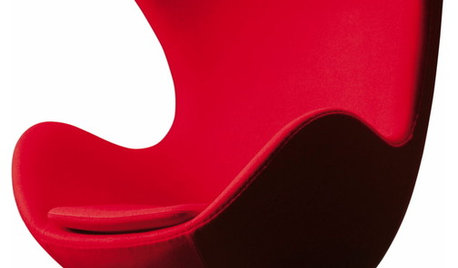
FUN HOUZZHouzz Quiz: Which Midcentury Modern Chair Are You?
Have a seat for a little fun. Better yet, have a seat that has you written all over it
Full Story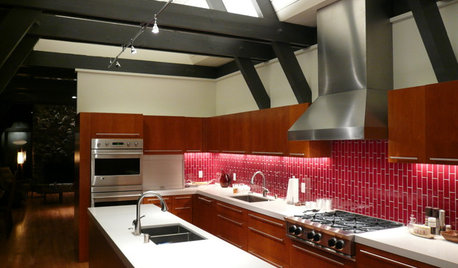
Sponsored
Columbus Area's Luxury Design Build Firm | 17x Best of Houzz Winner!
More Discussions







gardengal48 (PNW Z8/9)
vicheOriginal Author
Related Professionals
Derry Landscape Architects & Landscape Designers · Carson Landscape Architects & Landscape Designers · Deer Park Landscape Architects & Landscape Designers · North New Hyde Park Landscape Architects & Landscape Designers · Addison Landscape Contractors · Aloha Landscape Contractors · Bergenfield Landscape Contractors · Blue Springs Landscape Contractors · Byram Landscape Contractors · Hicksville Landscape Contractors · La Vista Landscape Contractors · Mastic Beach Landscape Contractors · Bensenville Landscape Contractors · Glen Ellyn Decks, Patios & Outdoor Enclosures · Surfside Decks, Patios & Outdoor EnclosuresvicheOriginal Author
Kimmsr
vicheOriginal Author
joepyeweed
Kimmsr
joepyeweed
vicheOriginal Author
joepyeweed
vicheOriginal Author
joepyeweed
jdshaul
CaptTurbo